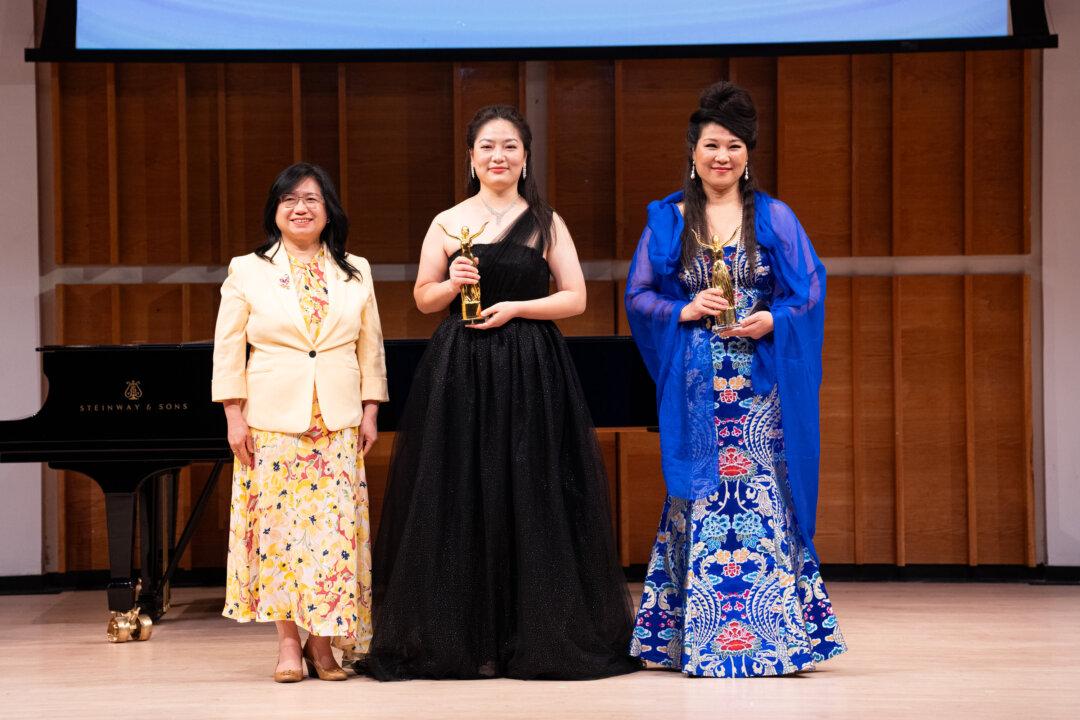Four labor rights activists based in Guangdong Province were formally arrested on Jan. 8, marking another round of the Chinese regime’s tightening crackdown on dissent.
The individuals were detained over a month ago, but only now formally arrested for alleged crimes of “gathering crowds to disturb social order.”
The punishment of the activists comes as protests by unpaid workers increase as China’s economy slows. Many factories have closed or relocated recently, also, putting a strain on workers.
Three of the arrested individuals—Zeng Feiyang, Meng Han, and Zhu Xiaomei, a young mother who was breastfeeding her one-year-old daughter when she was detained—are from the Panyu Workers Center. They were arrested on Dec. 4 last year, along with He Xiaobo of the Nanfeiyan Social Worker Center. He was charged with “embezzlement.”
Cheng Zhunqiang and Yan Xin, lawyers of Zeng Feiyang and Meng Han, said they were informed of the arrests on Friday by prosecutors in Guangdong. They said the reasoning behind the charges was not given. The activists were denied the right to meet their lawyers, according to China Labor Watch, a New York-based organization that monitors Chinese worker’s rights. CLW denounced the recent arrests, saying: “this is an effort by the government to reduce space for activities of Chinese labor NGOs” in a recent statement.





